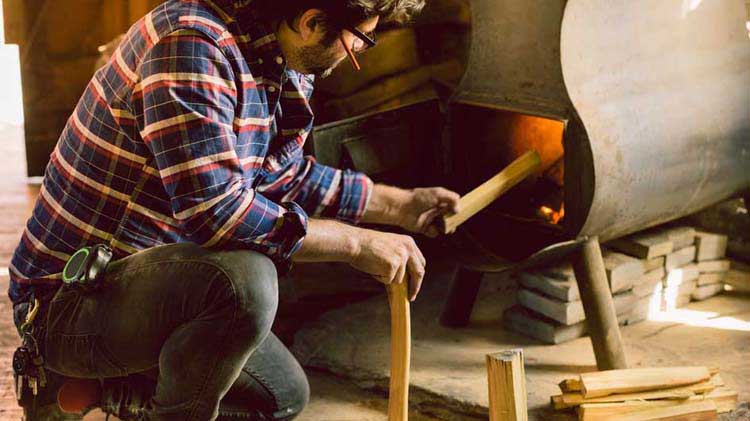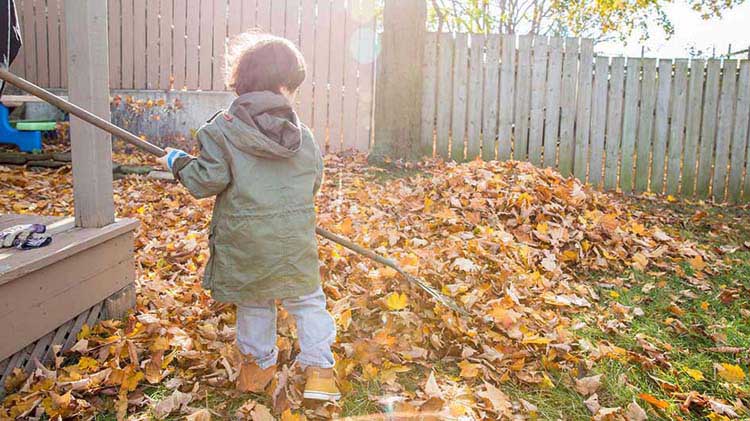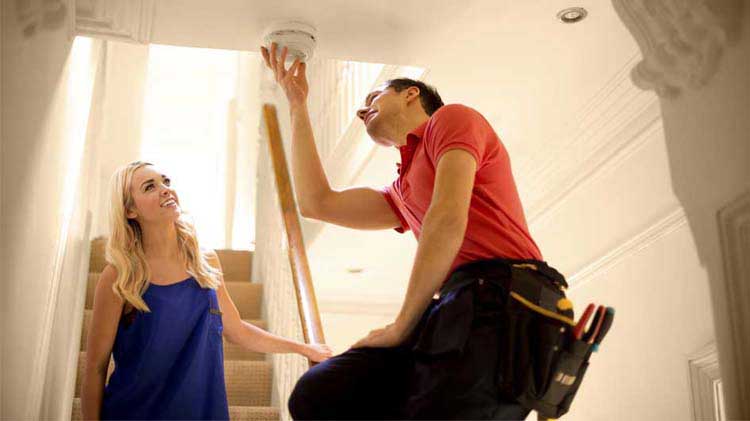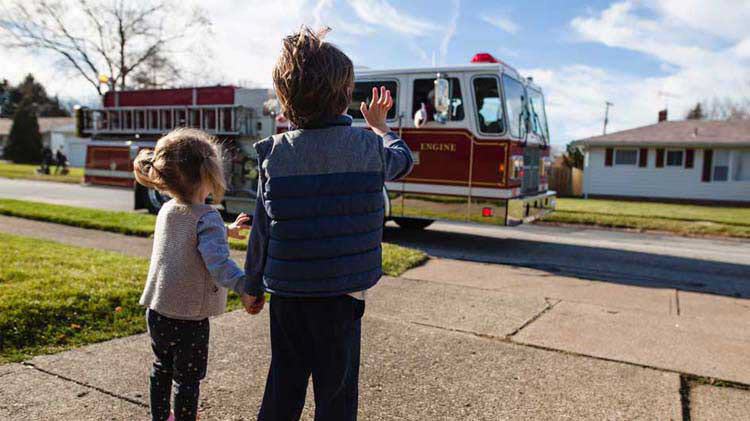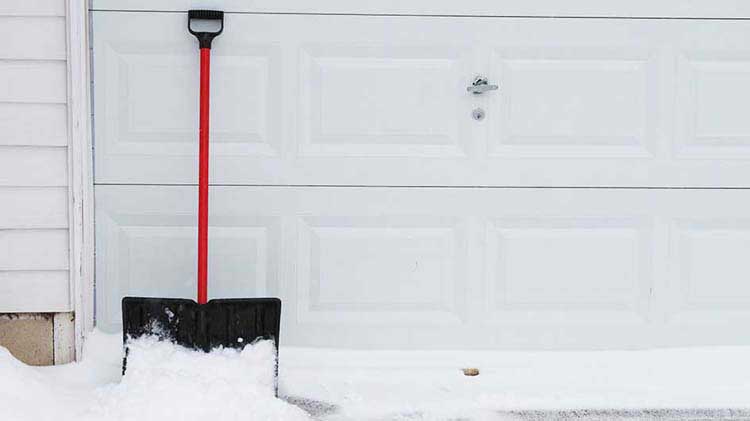Wood stove and space heater safety
Learn how to keep your family safe and warm with these recommended safety tips.
Space heaters and wood stoves are great for warming up chilly rooms, but these supplemental heat sources should be operated with a measure of caution. According to a 2022 National Fire Protection Association (NFPA) report that gathered data from 2016 to 2020, space heaters, whether portable or stationary, account for 33% of home heating fires. In addition, 88% of home heating fire civilian deaths involve space heaters. They also contribute to 80% of fire related injuries and 55% of home fire related property damage. Help reduce the risk of fire with these tips:
Wood stove safety
Wood stoves are a more efficient heat source than traditional fireplaces, and many units can keep more than one room warm. To help keep wood stoves operating safely, consider the following tips:
- Before buying a stove, check with your local fire department to get local ordinances on solid fuel burning appliances.
- See that the unit has been tested and is listed with a nationally recognized testing laboratory such as Underwriters Laboratories (UL).
- Follow the manufacturer's directions and pay close attention to clearance requirements. If there are no manufacturer's instructions or a label on the unit, the NFPA suggests clearances should be 36" away from any combustible item, such as curtains or flooring.
- Install a floor protector that meets the heating appliance manufacturer's requirements, and extends at least 18" on all sides of the heater, unless the manufacturer states otherwise.
- Have the chimney and stovepipe cleaned and inspected annually.
- Burn only seasoned hardwood or wood pellets in the stove, according to the manufacturer's directions.
- Wait until ashes have cooled before removing them.
- Transfer ashes in a covered metal container to an outside location 10 feet or more away from the home, and douse them with water.
Space heater safety
Electric space heater safety
Radiant space heaters warm whatever is directly in front of them, while convection heaters can help make an entire room feel more comfortable. To use them safely, consider the following tips:
- Purchase units that are listed with a nationally recognized testing laboratory such as Underwriters Laboratories (UL).
- Select one that automatically switches off if the unit tips over.
- Keep it at least three feet from combustible materials such as bedding, curtains and furniture.
- Keep children and pets away from the heater to help avoid contact burns.
- Place the unit on a level surface.
- Plug it directly into a wall outlet and avoid using an extension cord.
- Never use a space heater to dry clothing.
- Do not leave an electric heater on overnight or when you're sleeping.
Kerosene space heater safety
These units are relatively inexpensive to operate and can warm a large area within your home. Some communities restrict the use of kerosene heaters, so always check with the local authorities about potential restrictions before purchasing or operating a unit. To operate safely, consider the following tips:
- Purchase units that have been tested and approved for use by a laboratory such as Underwriters Laboratories (UL).
- Only use in well-ventilated areas away from flames or other heat sources.
- Keep children and pets away from the heater to help avoid contact burns.
- Use only the approved fuel — clear 1-K grade kerosene, never gasoline.
- Do not refill a heater until the unit is cool.
- Refill units outdoors.
Check that all smoke detectors are in working order with fresh batteries. To help protect your home, contact a State Farm® agent today to learn about homeowners insurance, condo insurance and renters insurance offered by State Farm.
